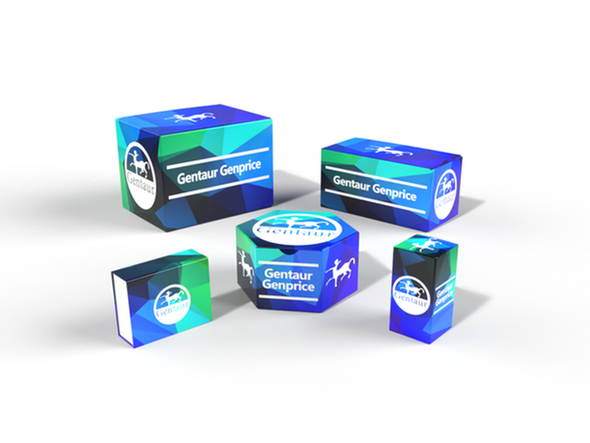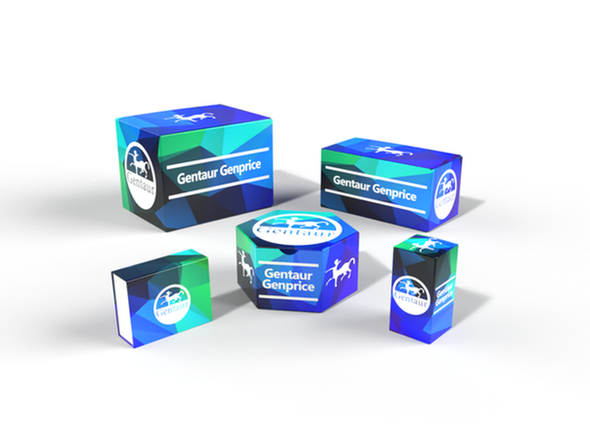BW
DNA Ligase IV (G619) polyclonal Antibody | BS2234
- SKU:
- BW-BS2234
- Availability:
- Usually ships in 5 working days
Description
DNA Ligase IV (G619) polyclonal Antibody | BS2234 | Gentaur UK, US & Europe Distribution
Host: Rabbit
Reactivity: Human,Mouse
Application: IHC IF
Application Range: IHC: 1:50~1:200 IF: 1:50~1:200
Background: The X-ray repair cross-complementing protein XRCC4 and DNA Ligase IV are essential for repairing double-strand breaks in DNA. These proteins form a critical complex consisting of two molecules of each protein that preferentially bind DNA with nicks or broken ends. As an obligate accessory molecule, XRCC4 binds to DNA Ligase IV and enhances its joining activity. The XRCC4/ DNA Ligase IV complex is also involved in V (D) J recombination. V (D) J recombination occurs in normal development of the adaptive immune system and involves the formation of a double-strand break intermediate. Deletions of either DNA Ligase IV or XRCC4 inhibit the completion of V (D) J recombination, resulting in a high incidence of apoptosis in the developing nervous system and a block in B and T cell maturation.
Storage & Stability: Store at 4°C short term. Aliquot and store at -20°C long term. Avoid freeze-thaw cycles.
Specificity: DNA Ligase IV (G619) polyclonal Antibody detects endogenous levels of DNA Ligase IV protein.
Molecular Weight: ~ 104 kDa
Note: For research use only, not for use in diagnostic procedure.
Alternative Names: DNA ligase IV ATP dependent; DNA joinase; DNA ligase 4; DNA ligase IV; DNA repair enzyme; DNLI4; LIG 4; LIG4; Ligase IV; Ligase IV DNA ATP dependent; Polydeoxyribonucleotide synthase [ATP] 4; Polydeoxyribonucleotide synthase 4; Polydeoxyribonucleotide synthase; Polynucleotide ligase; Sealase;
Immunogen: Synthetic peptide, corresponding to amino acids 600-650 of Human DNA Ligase IV.
Conjugate: Unconjugated
Modification: Unmodification
Purification & Purity: The Antibody was affinity-purified from rabbit antiserum by affinity-chromatography using epitope-specific immunogen and the purity is > 95% (by SDS-PAGE) .
Pathway:






